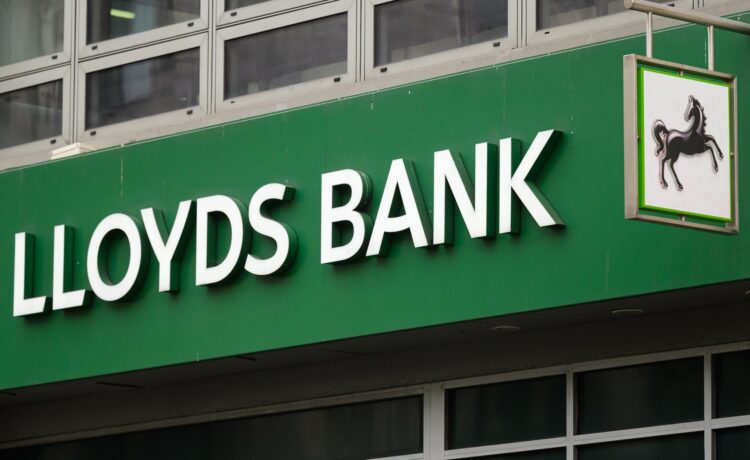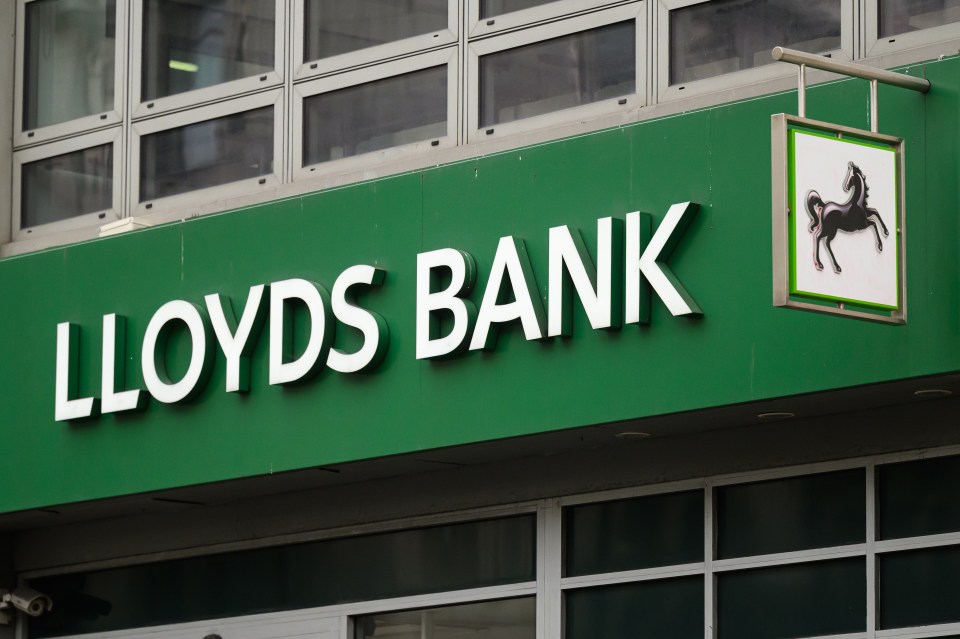A MAJOR updater has emerged regarding the car finance commission scandal, as banks allocate up to £1.29 billion for compensation.
Customers of several major high street banks who were mis-sold car finance could be in line to receive thousands of pounds in redress.
Lloyds Banking Group has revealed it has set aside another £700million for potential compensation relating to motor finance commission arrangements this morning.
The bank said the provision – taken in the fourth quarter, and adding to the £450million provision taken last year – was in light of a court judgment on the issue.
It said that “clearly significant uncertainty remains around the final financial impact”, and that it welcomes the outcome of a Supreme Court hearing set for April.
Barclays has additionally allocated £90million in response to the car finance scandal, while Santander revealed last year that it had earmarked £295 million for potential payouts.
Meanwhile, just last week, Close Brothers announced it anticipates setting aside up to £165million in the first half of the year to address potential legal and compensation costs arising from the ongoing review into car loan commissions.
It comes after the Financial Ombudsman Service (FOS) revealed that it is grappling with a surge in complaints related to commission practices.
Over 60,000 complaints are awaiting resolution – a staggering threefold increase since May 2024 – highlighting a potential scandal that could rival the infamous Payment Protection Insurance (PPI) debacle.
The Financial Conduct Authority (FCA) launched an investigation earlier this year into whether motorists were unknowingly overcharged when they took out car loans.
The investigation focuses on past practices where banks allowed car dealerships and brokers to set their own interest rates on loans.
Under a now-banned discretionary commission arrangement (DCA), dealerships and brokers had a financial incentive to charge higher interest rates, as their commission increased proportionally.
However, many customers were unaware of this practice.
As a consequence, individuals who financed the purchase of cars, motorbikes, or vans before 28 January 2021 – when DCA was prohibited – could be entitled to substantial compensation.
The Supreme Court is scheduled to hear an appeal in March 2025 regarding a landmark Court of Appeal ruling from October 2024.
This ruling declared it unlawful for car dealers, acting as brokers, to receive commission from lenders without the fully informed consent of the customer.
This applies to both discretionary commission arrangements (DCAs), where dealers set interest rates, and non-discretionary commissions.
The appeal, brought by Close Brothers and FirstRand Bank, carries significant implications for the motor finance industry.
Should the Supreme Court uphold the Court of Appeal‘s decision, lenders could face a mammoth compensation bill, estimated to exceed £30billion.
According to the FCA, on a typical £10,000 motor finance agreement, discretionary commission arrangements could have caused customers to pay an additional £1,100 in interest over a four-year term.
The FCA has since extended the deadline for lenders to respond to complaints, meaning borrowers whose lenders received other forms of commission may now also be eligible for compensation.
What is the FCA investigating and who is eligible for compensation?
By James Flanders, Chief Consumer Reporter:
What is being investigated?
The FCA announced in January, 2024 that it would investigate allegations of “widespread misconduct” related to discretionary commission agreements (DCAs) on car loans.
When you buy a car on finance, you are effectively loaned the value of the car while you pay it off.
These loans have interest payments charged on top of them and are often organised on behalf of lenders by brokers – usually the finance arm of a dealership.
These brokers earn money in the form of commission – a percentage of the interest payments on the loan.
DCAs allowed brokers to, to a certain extent, increase the interest rate on a loan, which in turn increased the amount of commission they received.
The practice was banned by the FCA in 2021.
Who is eligible for compensation?
The FCA estimates that around 40% of car deals may have been affected before 2021.
There are two criteria you must meet to have a chance at receiving compensation.
First, you must be complaining about a finance deal on a motor vehicle (including cars, vans, motorbikes, and motorhomes) that was agreed upon before January 28, 2021.
Second, you must have bought the vehicle through a mechanism like Personal Contract Purchase (PCP) or Hire Purchase (HP), which make up the majority of finance deals and mean you own the vehicle at the end of the agreement.
Drivers who leased a car through a Personal Contract Hire, where you give the car back at the end of the lease, are not eligible.
PROGRESS OF FCA INVESTIGATION
The FCA had initially planned to publish the results of its investigation in September, but this has now been postponed to May 2024.
Additionally, firms now have until December 4, 2025, to respond to customer complaints.
The FCA says it has had to push back the deadline due to it taking “longer than expected to get the data” it needed from implicated car finance firms.
Investigators have also been unable to complete their review because of a pending court case surrounding one of the complaints.
It’s worth nothing, the FCA’s decision to extend the deadline to December 4 next year is just when firms have to have respond to any complaints.
Customers are still encouraged to file their complaints before this date, and in some cases, there are specific time limits for doing so.
You can find more information about any time limits the regulator sets by visiting fca.org.uk/consumers/car-finance-complaints.
HOW TO CLAIM
Consumer finance website MoneySavingExpert.com offers an email template to help you complain to your finance provider.
You can download this by visiting moneysavingexpert.com/reclaim/reclaim-car-finance.
Alternatively, you can complain directly without using the template.
It’s crucial for anyone who took out car finance to file a claim, even if a previous claim was denied.
In your complaint, ask whether you were overcharged due to your broker receiving a commission and request the company to rectify this if it occurred.
If you’re unsatisfied with the company’s response, you can escalate your complaint to the Financial Ombudsman Service (FOS) at no cost.
You have until July 29, 2026, or up to 15 months from the date of the company’s final response letter, whichever is longer.
Avoid using a claims management firm, as they will take a portion of any successful claim.

















